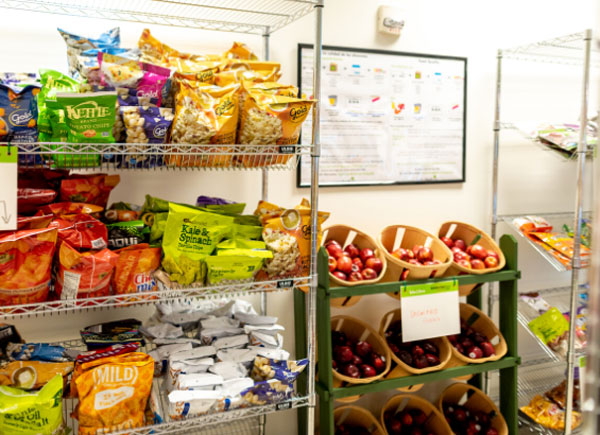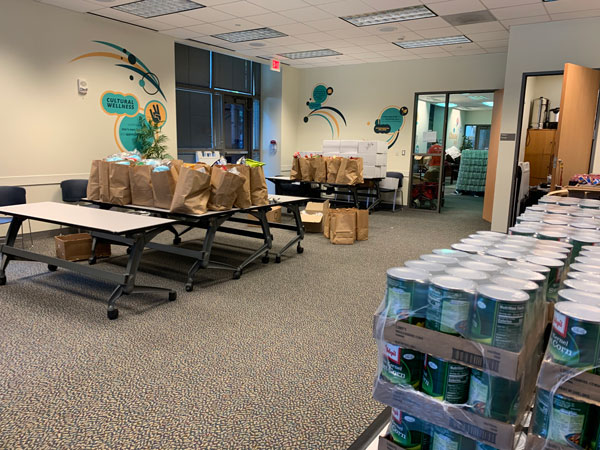
Every year, more students were seeking out help at Counseling and Psychological Services.
From 2017 to 2019, demand for CAPS services went up 50 percent for unique clients, and 40 percent for appointments across the board.
CAPS was operating like an emergency room, said Dr. Norma Ngo, director of CAPS. “We were prioritizing the most distressed students while a waitlist existed for individual counseling. Although students who were in crisis were seen immediately, students seeking individual counseling for routine or less urgent issues experienced extensive wait times upwards of two months during peak times.”
That waitlist is now zero.
Recognizing that the way they were operating was not sustainable, CAPS implemented a new clinical model, and in Fall 2019 introduced the Stepped Care model, a new best practice service delivery model utilized in more than 100 other counseling centers across the nation.
“Our goal was to reduce or eliminate wait times for individual counseling services,” Ngo said.
They succeeded, using the basic tenets of the Stepped Care model:
- Recognizing that not every student is comfortable, needs, or benefits from traditional individual counseling. This is NOT a “one size fits all” model because it focuses on individual differences.
- Treatment intensity (or levels of service) can be either stepped up or down depending on on unique factors (e.g. level of distress, need, goals, motivation).
- Students are assessed in real-time via multiple triage points and this supports changes to their needs, emotional state, and situation.
- This model allowed for scheduling immediate case management and crisis management follow-up appointments to assist with stabilization and referrals for students who need urgent care or need to be referred out for more specialized or resource intensive treatment than what can be offered at CAPS.
- Emphasizes strengths, resiliency, empowerment, shared responsibility and is solution-focused.
After implementing Stepped Care, CAPS effectively eliminated the waitlist for students seeking individual counseling, Ngo said.
Students were able to be seen at their time of need and treatment options were recommended uniquely suited for each student.
“We were able to more efficiently serve students by reducing the total number of appointments per student, allowing for existing resources to be used more effectively for more students,” Ngo said.


